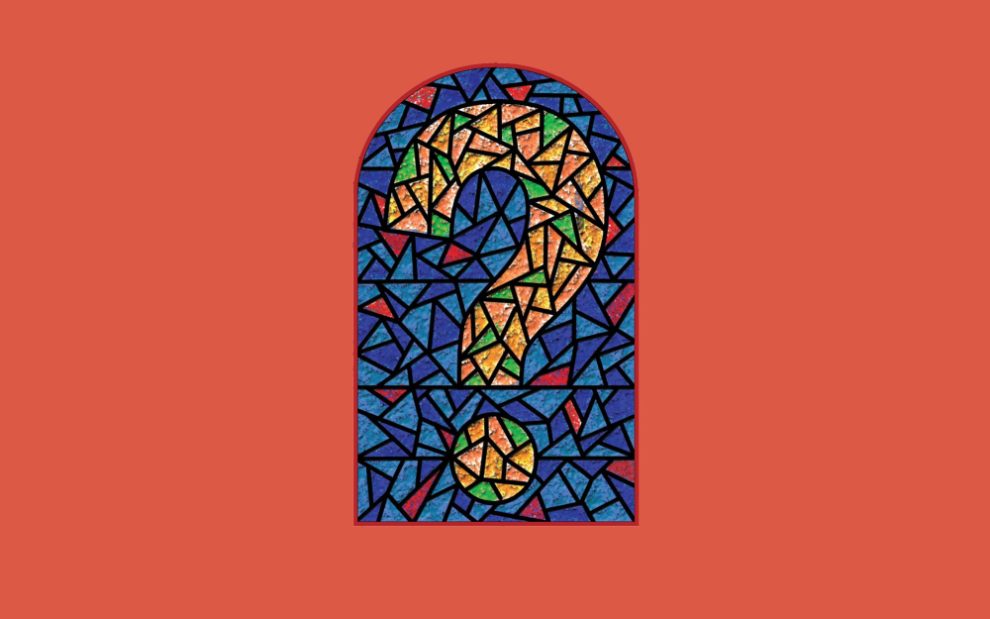Listen on: Apple | Google | Spotify
Some Catholic saints, like Mary Magdalene or Francis of Assisi, are widely known even in secular culture. Other saints, like Anthony of Padua or Thérèse of Lisieux, may not be as familiar to non-Catholics but have devoted followers within the church and are associated with particular prayers or devotions. Then there are many more saints who most people, even practicing Catholics, have probably never heard of. How many people are familiar with St. Drogo, patron saint of bodily ailments, coffee houses, and hernias? Or St. Giles, who—according to popular legend—lived entirely on the milk of a female deer?
And these are just the saints who have been formally canonized—that is, declared to be saints by the church authorities. The Catholic Church also uses the term “saint” in a more broad manner, sometimes to indicate anyone who is in heaven, or as “communion of saints,” to indicate anyone who is united in the holy sacraments of the church.
But who decides which individuals in the communion of “small s” saints end up becoming “big S” saints—the formal saints, the ones we venerate and associate with certain areas of patronage? What is the process like, and what are the requirements for being inaugurated into official sainthood?
On this episode of Glad You Asked, hosts Emily Sanna and Rebecca Bratten Weiss talk to guest Kevin Considine about saints, sainthood, and the process of canonization. Considine is director of the Robert J. Schreiter Institute for Precious Blood Spirituality at Catholic Theological Union in Chicago. As well as contributing to U.S. Catholic’s monthly Glad You Asked column, he has also written extensively about ecology, anti-racism, and popular culture.
You can learn more about saints, sainthood, and canonization in these links:
- “Who decides if someone becomes a saint?” by Kevin Considine
- “U.S. sainthood causes reveal a longing for church renewal” by Peter Feuerherd
- “Learning to love the saints? Don’t forget the blesseds” by Damian Costello
- Beatification and Canonization
Glad You Asked is sponsored by the Claretian Missionaries.














Add comment